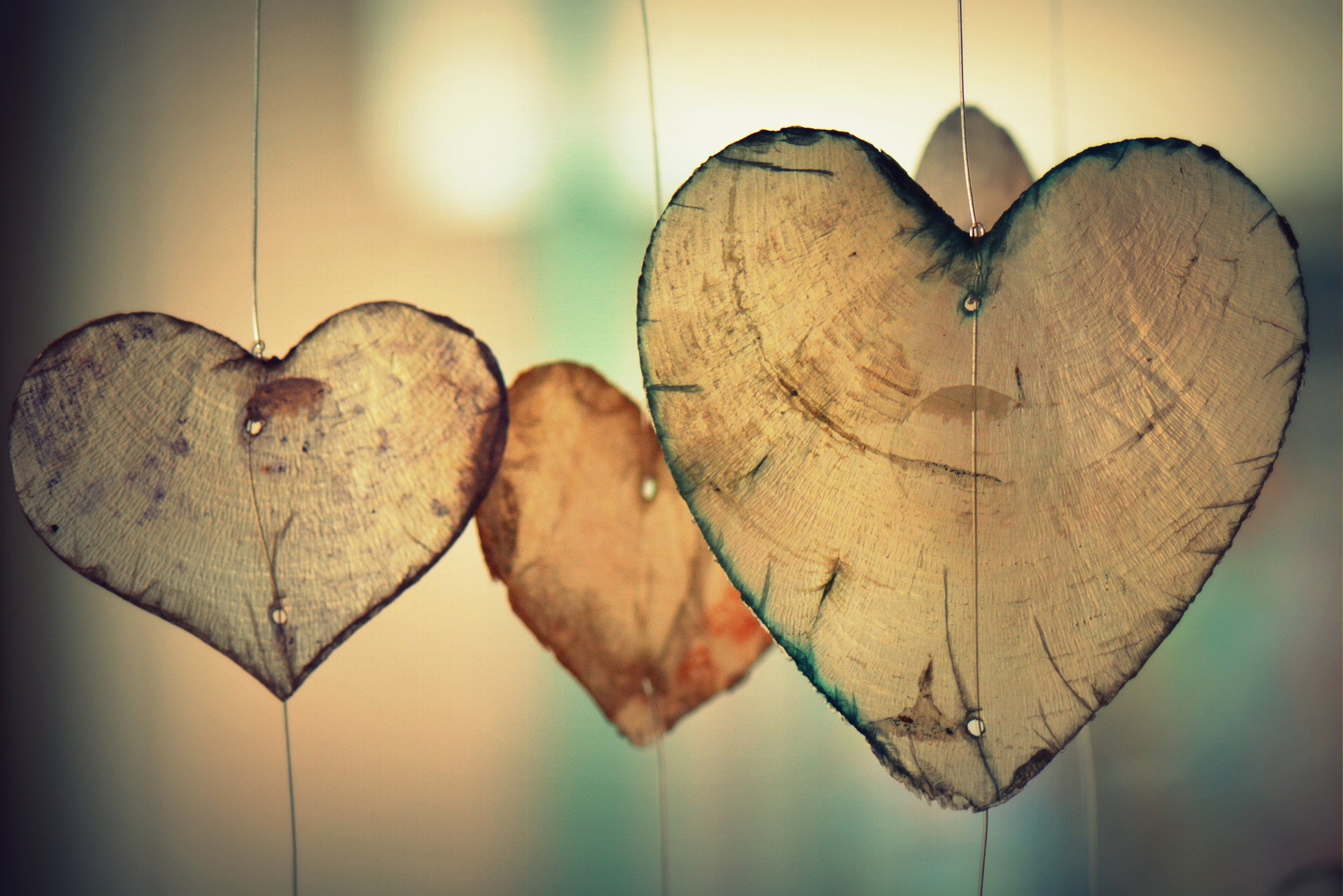
I feel like I’ve lived this situation multiple times. I’m sitting in a generic restaurant, sipping water to mask my jitters, as I’m staring down a guy I’ll probably never talk to again after tonight. It’s not bad or good in any way — it’s just one of those mediocre dates that gets thrown onto the heap of dirty mental laundry that’ll get washed out of my memory in a few weeks’ time. When I collapse onto my bed at the end of the night from the exhaustion of social propriety, I get a follow-up text from the friend who set up the whole affair and just feel baffled they’re unaware enough of my tastes to think that would have ever worked out.
I’m what you would call “chronically single.” And living in the Provo dating bubble, it’s a diagnosis that can feel a little isolating at times. I’ve dated before, even broken in a lot of new returned missionaries, but never had anything last longer than a few months. This time of year especially, it’s hard not to feel aware of that. Between cheesy Hallmark movies trying to get you to drink the Kool-Aid to the flood of Mutual notifications reminding you single people nearby are swiping more than ever (I’m not that desperate … yet), there are high expectations for any Valentine’s Day.
I’m fairly content with being single on Valentine’s Day despite the pressure to feel otherwise. Valentine’s for me started out in elementary school as a day to sort through candy hearts and little chocolates. In semi-adulthood, it still revolves around that, though I do need to buy my own chocolate these days. While I do have my days of pining for a sparkling, bloodsucking boyfriend to write lullabies for me, February’s lovesick holiday has its perks for those of us who don’t have a romantic partner.
Quite honestly, the biggest benefit of being single on Valentine’s is the freedom from the pressure to make the day special. Whether or not you’ve talked about it with your partner, there’s still stress that looms over your heads. For new couples, it’s the fear of being vulnerable, of what the other person may expect or whether it’s an opportunity to take a step forward in the relationship. For others, it may be trying to find the time or energy between work, studies or kids to do something for your partner.
On the other hand, I get to celebrate Singles Awareness Day, or SAD for short, on Feb. 15. It’s a real national holiday made by a group of millennials, copyrighted and everything. A group of high school kids developed the holiday in 2001 as a way to celebrate being single and carried the tradition to college, where it gained a lot of traction. The day is meant for people to take advantage of half-off grocery store chocolate and celebrate with other single friends.
I almost find it funny there’s a separate holiday the day after Valentine’s named for singles. It almost sounds like an issue we’re raising awareness for, like breast cancer or house fires. Furthermore, the way we talk about singleness sounds like a disease. We would cringe to ask a stranger personal questions about their physical or emotional well-being, but we have no problem interrogating them on their relationship status. Young single adult wards in The Church of Jesus Christ of Latter-day Saints focus on the dating treatment leading to the marriage cure, with singleness being portrayed as a trial to be endured in our journey to find “the one.”
I want to be clear: I think having a partner is a wonderful thing, and especially as a member of the Church, it’s something I want for the future.
My issue is it seems we’ve gotten more caught up in labels and destinations rather than the person we want to get there with.
There doesn’t seem to be any evidence wedding rings and a shared last name mark an irrevocable signpost in our lives. Rather, from what I’ve heard (obviously having never been married myself), romantic relationships are valuable because of the course of life you experience with your partner.
I supposed that’s really what my point boils down to. It doesn’t seem healthy to pressure people to sum up newly budding feelings or years filled with deep love within marked events. We focus on asking others when they’re taking the next step in their relationships or families, but these are the next steps toward what exactly? Even the Church has acknowledged there are many situations that will require “individual adaptations” to marriage and family ideals. Couples should be allowed to enjoy their relationship or their families without having to constantly answer questions about where they’re heading next. I would like to enjoy sharing my life with the relationships I currently treasure rather than hyperfocus on my lack of a romantic partner.
If the true value of a relationship comes from shared life experience, then I propose we extend the meaning of Valentine’s Day to encompass more than the romantic. Many of us could take a leaf out of other countries’ books, such as Latin America’s “Día del Amor y la Amistad” or Finland’s “Ystävän Päivä”, both versions of Valentine’s Day that also revolve around friendship and family.
Changing Valentine’s Day to focus on these relationships that don’t have such strict markers of progress could change the expectations we put on romantic couples as well. We might even find more people on both sides of the relationship spectrum wandering the discount candy aisles on so-called Singles Awareness Day in the next few years.
— Ashley Chase
Executive Producer




